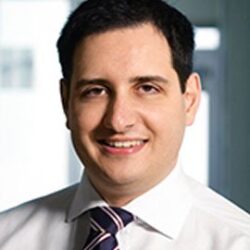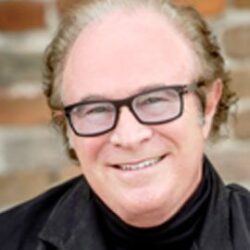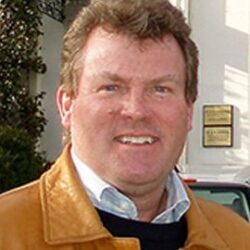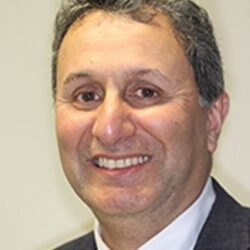Are dental diseases examples of ecological catastrophes?… Prof Philip Marsh
Price range: $13.00 through $25.00
Ecological principles will be used to explain how dysbiosis occurs and highlight strategies that promote oral health.
Description
The mouth provides a warm and nutritious environment for microbial colonisation and, in return, this natural, diverse oral microbiome confers essential benefits (symbiosis).
This relationship is dynamic and vulnerable to disruption by lifestyle or environmental changes. Such disruption can increase the risk of disease (dysbiosis).
Ecological principles will be used to explain how dysbiosis occurs and highlight strategies that promote oral health.
Learning Outcomes
• Discuss the mouth as a microbial habitat
• Compare the composition and functions of the oral microbiota in health (symbiosis) and disease (dysbiosis)
• Demonstrate how the principles of microbial ecology can both:
– explain the microbial shifts seen in disease, and
– provide new strategies to maintain/promote oral health
Prof Philip Marsh
A Professor of Oral Microbiology at the School of Dentistry, Professor Marsh has published over 250 research papers and review articles, and is co-author of a leading text book on oral microbiology. He has been the recipient of a number of awards and his research interests include dental biofilms and oral microbial ecology, and the way in which oral care products can prevent disease while preserving the important beneficial functions of the resident oral microbiota.
Additional information
| Format | MP3 AUDIO, MP4 VIDEO |
|---|




